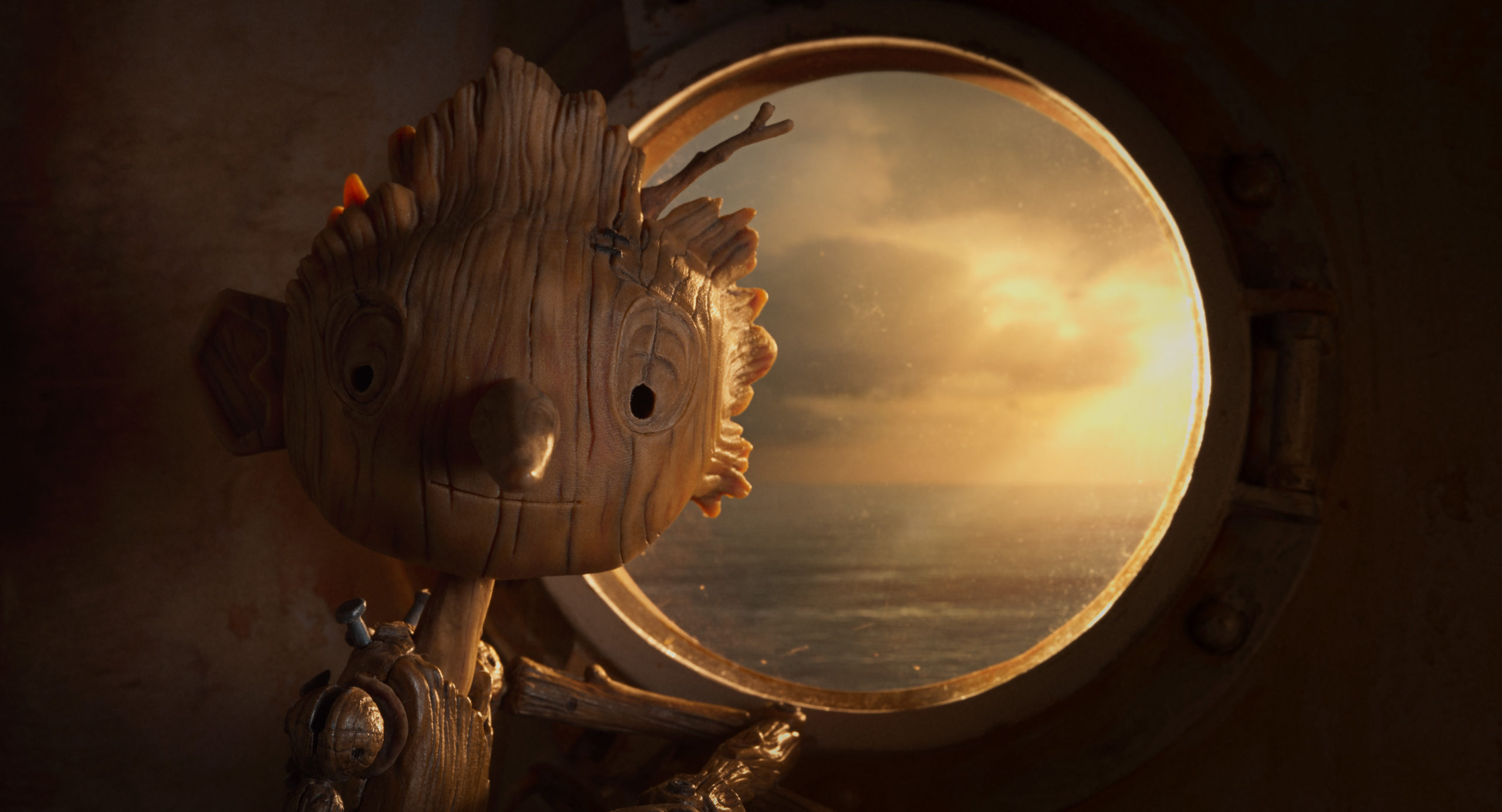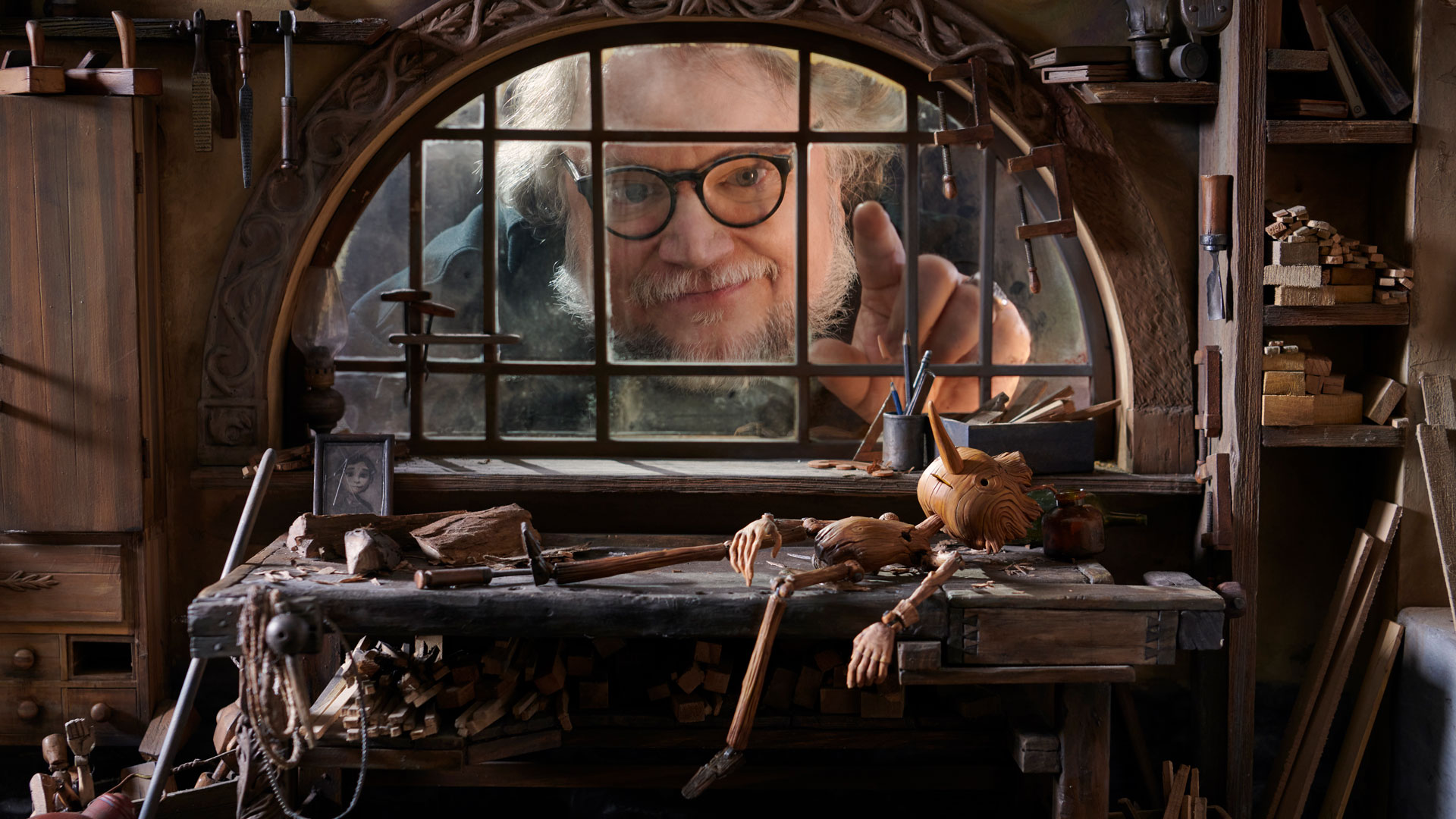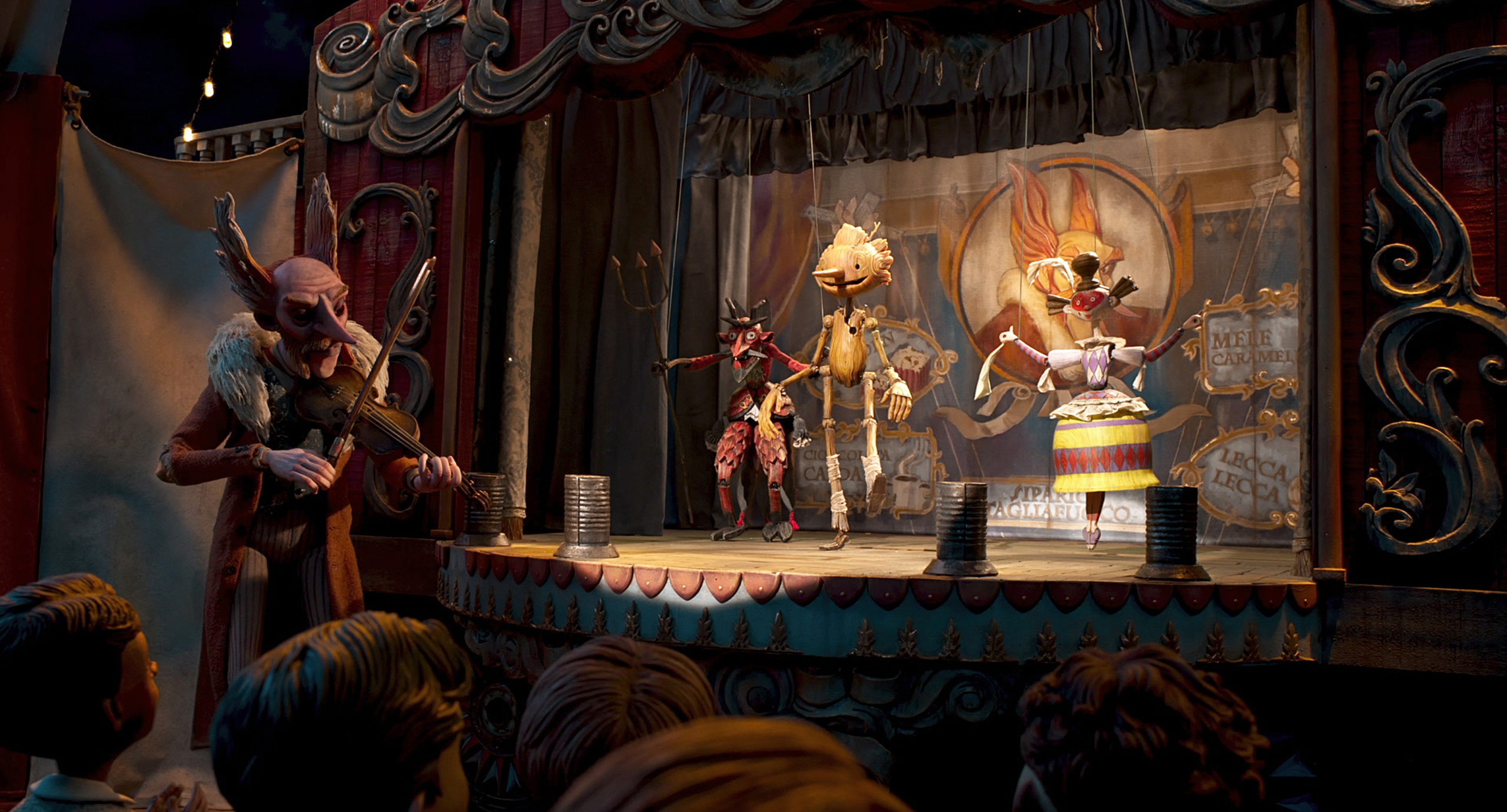There is, according to Guillermo del Toro, a big difference between remaking a film and crafting a transformative version of a familiar story. The former can feel tired, while the latter can cast everything we thought we knew in a new light. The Mexican director’s new film Pinocchio, co-directed with Mark Gustafson – best known as the animation director of Fantastic Mr Fox – takes a tale we all know inside out and subverts its expected beats, turning it into a whole different beast.
“The same questions that were pertinent at one time are pertinent now,” del Toro explains. This Pinocchio is unlike anything we have seen before. By setting the action in Mussolini’s Italy, the film overturns the original tale’s insistence on obedience and the moral lessons of conformity that run through previous versions.

“We are making disobedience a virtue,” del Toro explains happily. “[It is] of a piece with TheDevil’s Backbone and Pan’s Labyrinth. One of the salient [themes] in all three stories is disobedience”.
Guillermo del Toro’s Pinocchio, to give it its full name, is an anti-fascist fairy tale, mutating the classic story of the puppet that longs to become a real boy into a strident investigation of the limits of control – across governments, societies and families – and the radical potential of defiance.
Rendered through stunning, handmade stopmotion, this version of the classic Italian story sees Geppetto as a difficult, belligerent old man who is crumbling under the weight of grief, after losing his beloved son during the bombings of the Great War. In the midst of a drunken fury, he carves himself a new child from a well-loved tree in his garden. The result is a strange, living puppet who moves with the jerky, cheerful kind of body horror that marks him out as a del Toro project.
“It came from how I reacted to the story as a kid,” del Toro explains, “the kinds of Pinocchio that I was exposed to as a child [were] the [Carlo] Collodi and the Disney versions. They were very scary for me because they had a moral weight that was beyond the notion of ethics. I understood that I had to do what I was told, and I didn’t like it.”










